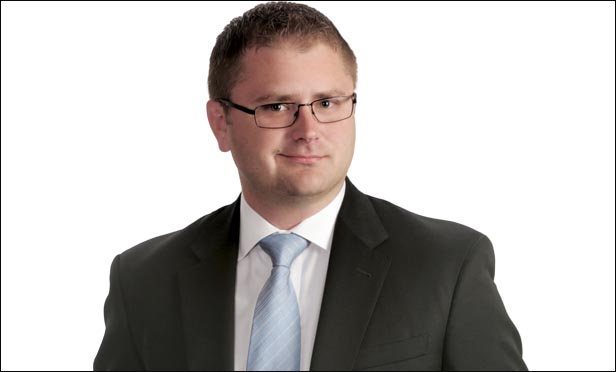Anyone who practices in the Delaware Court of Chancery but sometimes finds himself or herself in the Superior Court Complex Commercial Litigation Division (CCLD) should be aware of the subtle differences between Court of Chancery Rule 26 and Superior Court Rule 26 when it comes to what information of a party’s expert is discoverable. Two recent rulings from both courts, CIM Urban Lending GP v. Cantor Commercial Real Estate Sponsor, C.A. No. 11060-VCS (Del. Ch. May 19), and Green v. Nemours Foundation, C.A. No. N15C-03-208 (Del. Super. Aug. 17), help to shed light on the topic.
• Superior Court Rule 26: The Superior Court has adopted the language of Federal Rule 26(b), and states: Protection of communication between a party’s attorney and expert witnesses. Rule 26 protects communications between the party’s attorney and any witness required to provide an opinion under Rule 26(b)(4) regardless of the form of the communications, except to the extent that the communications relate to compensation for the expert study or testimony; identify facts or data that the party’s attorney provided and that the expert considered in forming the opinions to be expressed; or identify assumptions that the party’s attorney provided and that the expert relied on in forming the opinions to be expressed.



